×
Save 20% On Your Purchase!
Use code SAVE20 at checkout to save on your purchase today from my Herbal Shop!
×
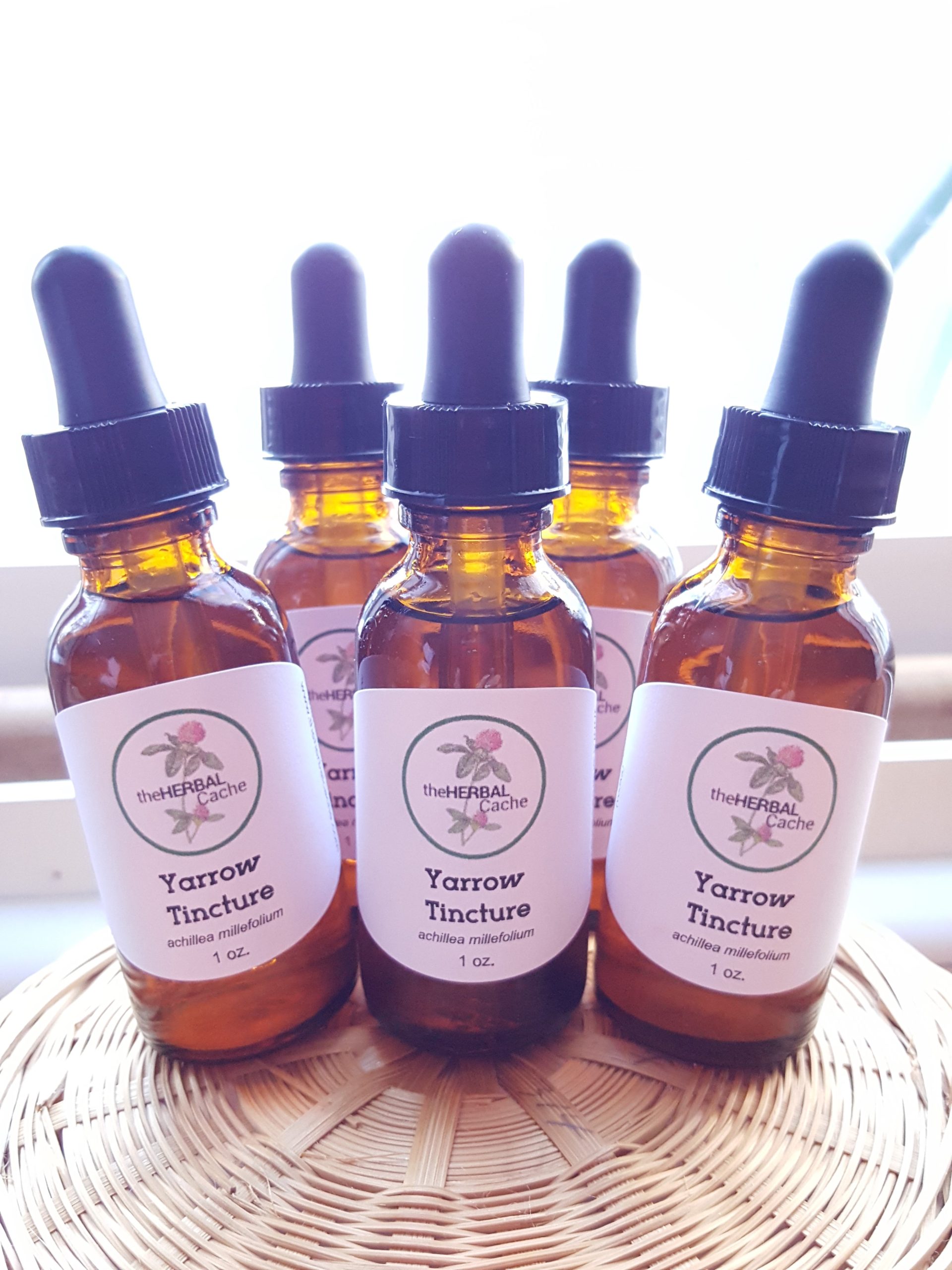

This is part three in my blog post series of “Myths in Herbal Medicine”. You can find the links to the other posts at the end of this post.
I feel that many people think that using herbal medicine can be expensive because it is natural. I guess that would depend on how you approach herbal medicine and what you are buying. But it doesn’t have to be expensive. And by this, I don’t mean that you need to get the cheap stuff either.
For the purpose of this post, by herbal medicine, I mean you can use herbs as food or make them into remedies, such as tinctures or oxymels. Because Hippocrates did say “Let food by thy medicine”.
In this post, I’ll show you a number of ways to get herbs for medicine and food, that won’t empty your wallet. Hopefully, you will find one or more that will suit your needs.
Purchasing herbs in larger quantities at a time can save you money. Some retailers may sell at a wholesale cost if you purchase a minimum amount. You may be able to save 30-70% getting them in bulk.
You will need space to store them. A cool, dark place is best. You can also share with others.
If you tend to store them, there are a number of safe ways to preserve them till use. Airsealing them in bags is how I do it. There are also buckets or pails you can purchase as well, for food grade items.
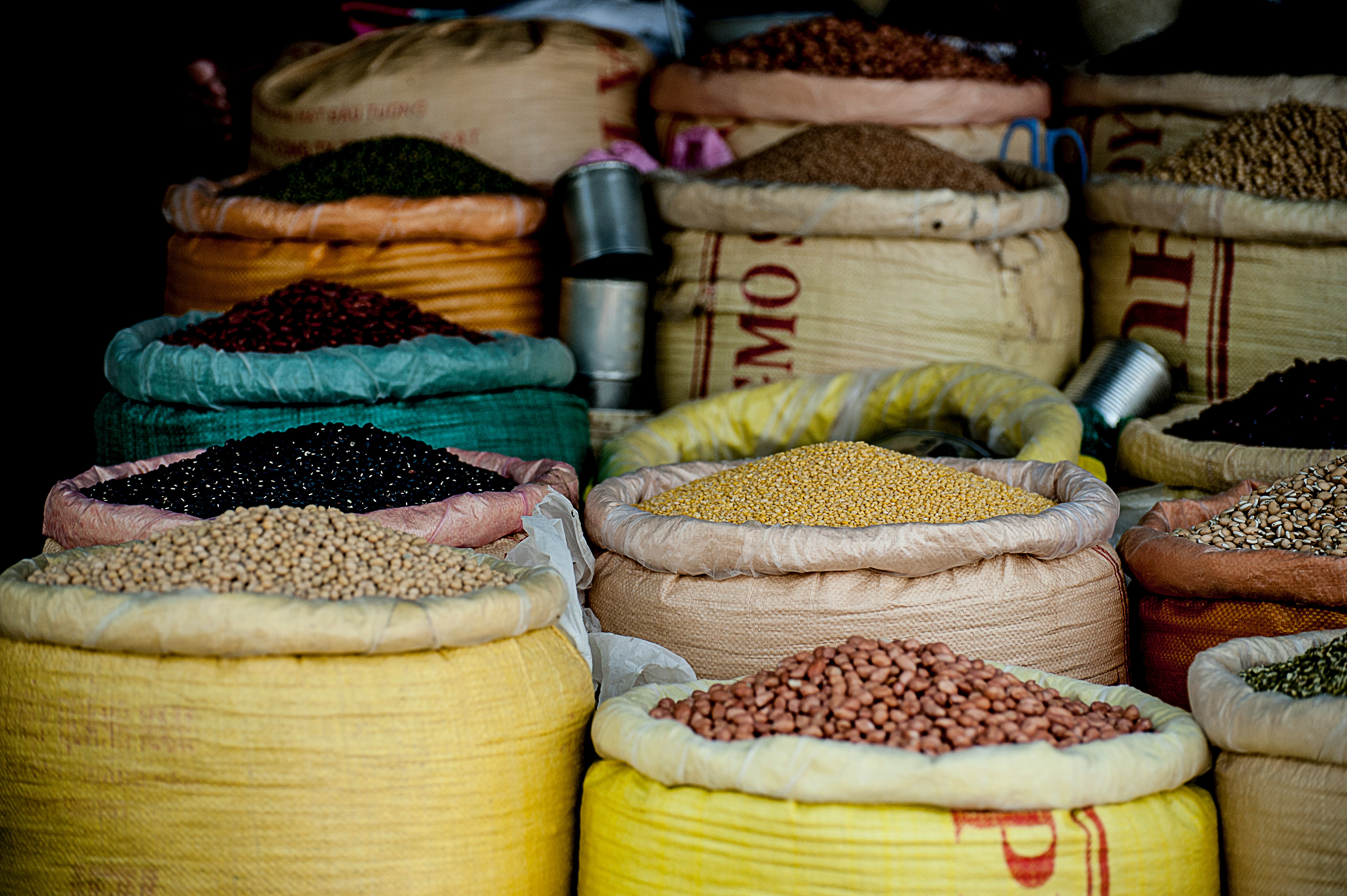
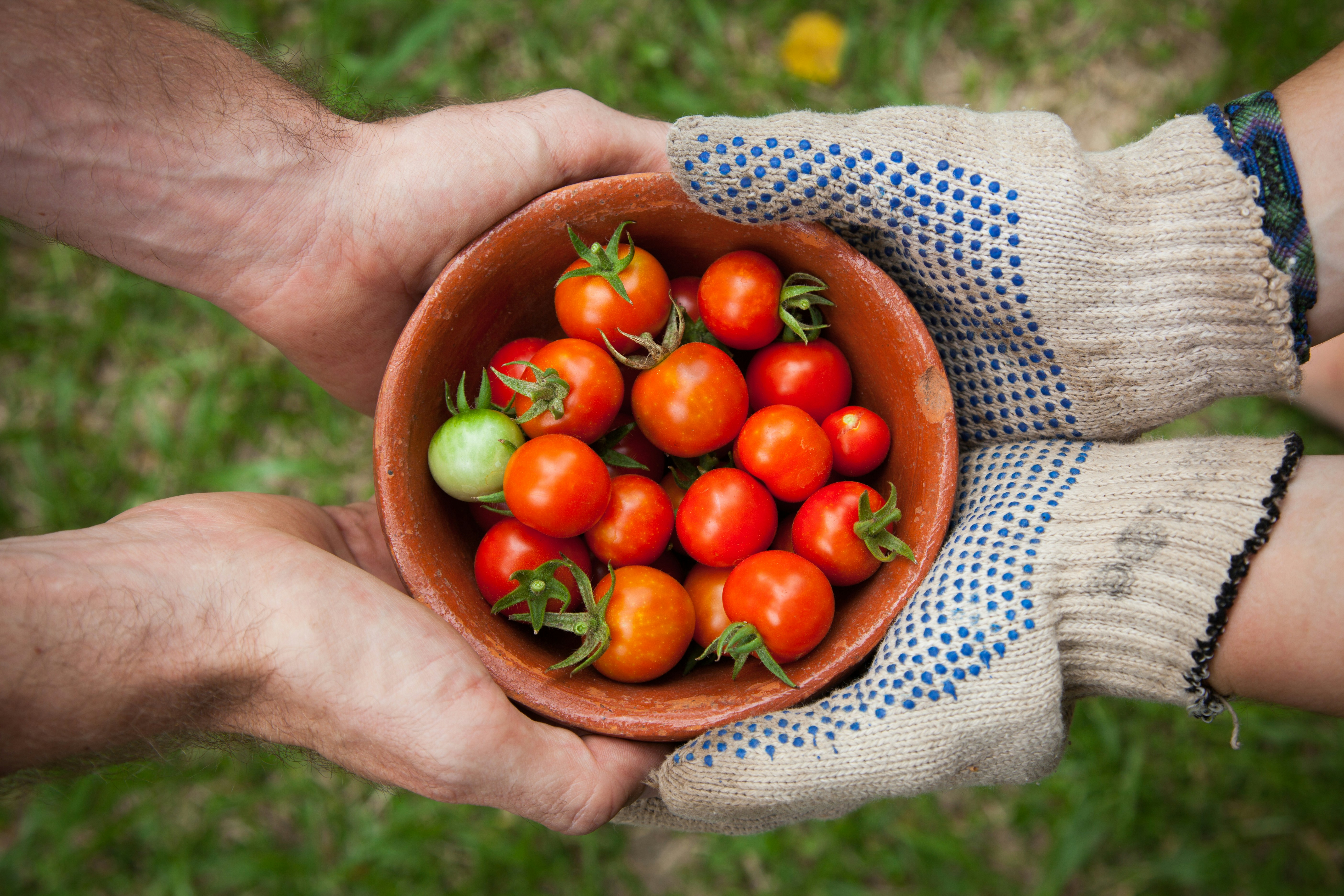
As I mentioned in the previous segment, sharing or partnering with others is another way to save.
Everyone likes saving money. So check with family and friends to see who, if anyone, is already buying the same herbs as you, and see if they want to split a purchase.
By dividing up the cost of herbs, it is not only cheaper, but also lets you use the herbs in a more timely manner. This may mean buying more frequently, but the herbs will be fresher. And who doesn’t like fresh herbs!
I know it is a little more time consuming, but keeping an eye out for sales and coupons can help save you money.
Holidays and company anniversaries are the perfect time to watch for sales.
Signing up for online herbal newsletters will sometimes offer a discount on a one-time purchase. Newsletters also can keep you posted as to when sales are coming up.
I like to utilize sales, even if I don’t need the herb at that time because it saves me money in the long run and I’m not paying full price.

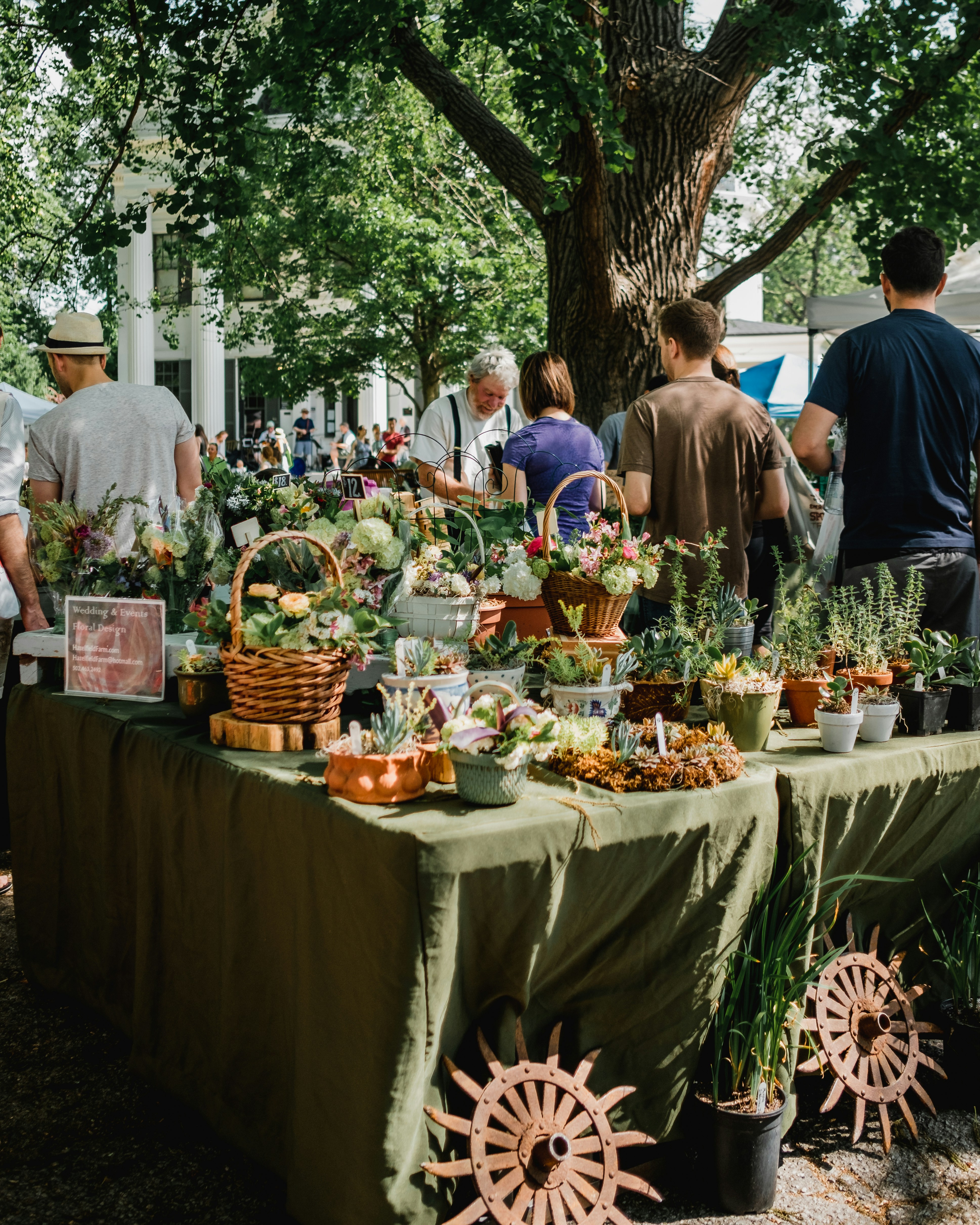
Supporting local is always a good way to find herbs to purchase and farmers markets make that very easy. Most cities and towns host farmers markets during the summer, and some even have them all year long.
I am a little biased here, on recommending farmers markets because I started my herbal business at the local farmers market in town. I sold my herbal products and got to know my weekly customers.
Something to keep in mind, some vendors at farmers markets will barter. So don’t be afraid to “make an offer” for herbs or herbal products you would like to purchase. But make sure to present a reasonable offer. You don’t want to upset a vendor with a ridiculous offer.
By shopping at farmers markets, you also get to know the person selling the herbs, can find out where the herbs are from, how they are harvested, etc. I feel this is one of the best ways to get your herbs because you get to know your herbs, unless you forage or grow your herbs.
I love foraging for a few reasons. First, the herbs, or maybe weeds for some, are free! Of course, this takes time and you need to know where to find the herbs.
Another reason I love foraging is because it gets you outside and into nature. Get your exercise and Vitamin D at the same time!
If you decide to forage, two things to keep in mind. Make sure you know how to identify the plants! There are some that have look-alikes, but can be deadly. Secondly, if its not your land, make sure you get permission to forage.
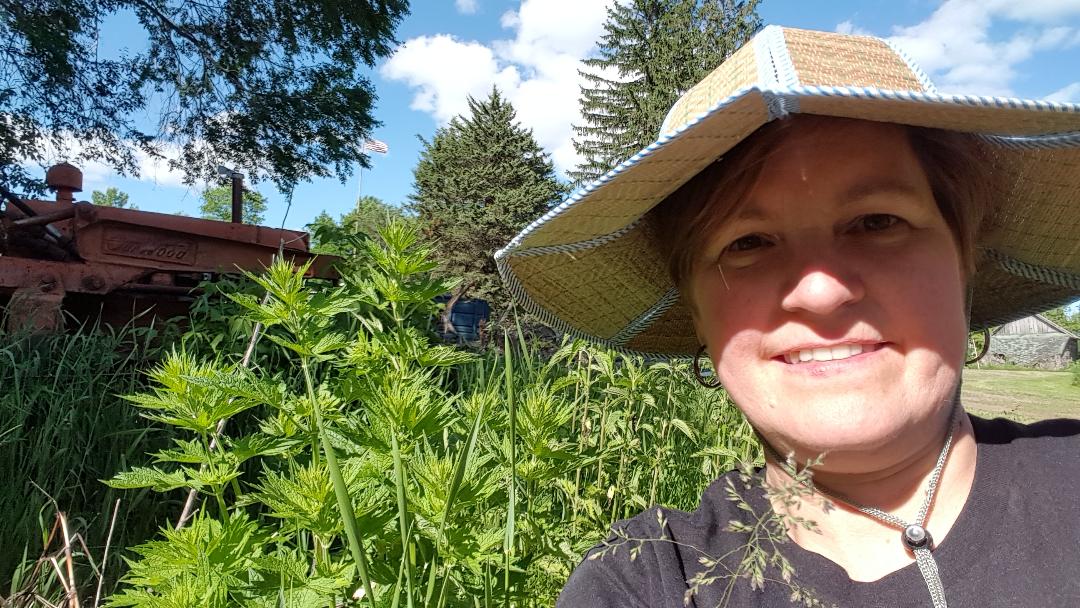
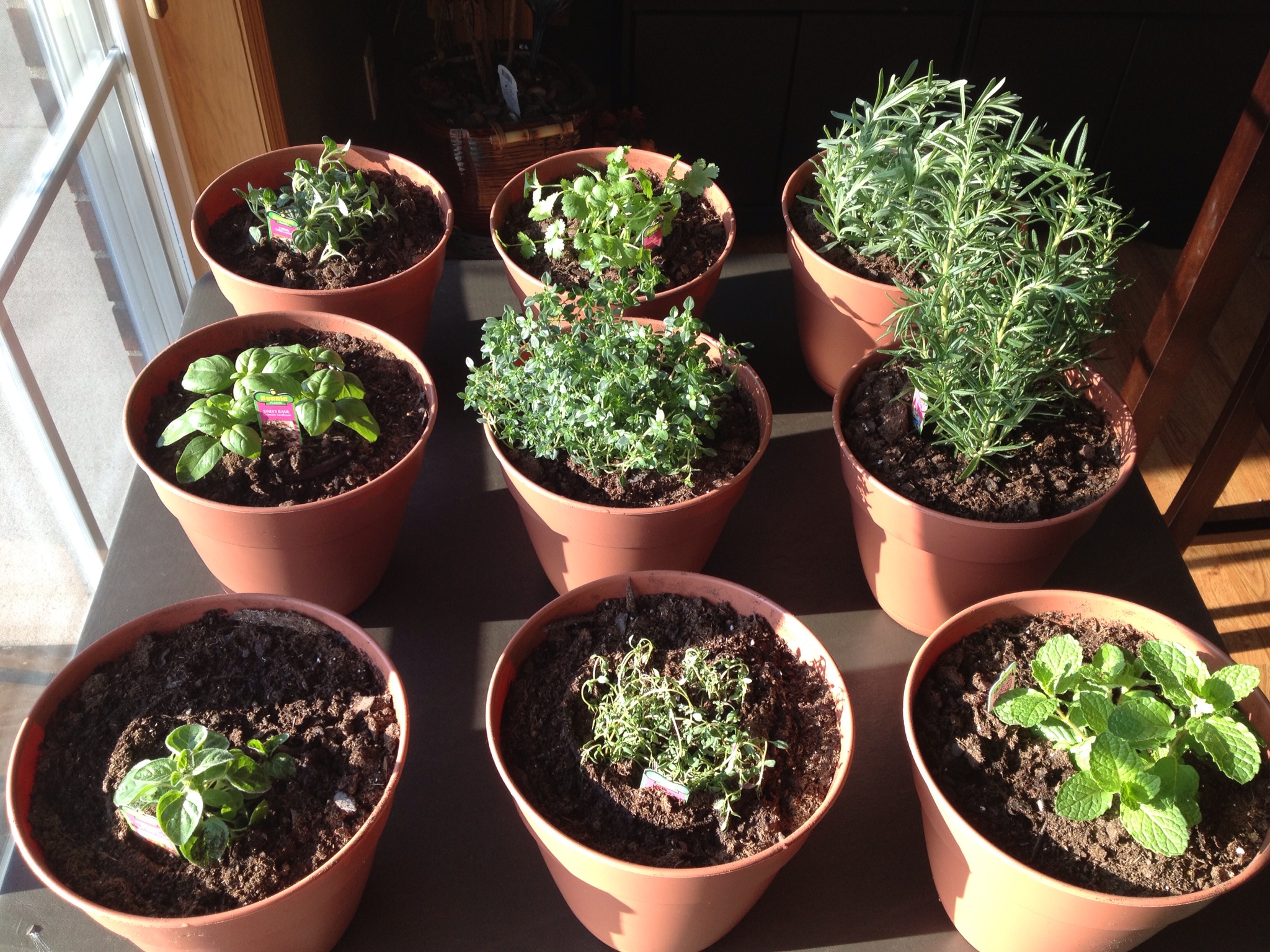
If you enjoy gardening, like me, try growing herbs. I love to watch plants grow and develop, whether in a garden or a patio pot.
Growing your own herbs holds many benefits. First, you can grow the herbs that you want to use. Second, you know exactly how they are grown and where they are coming from. Third, growing your own herbs can be relaxing and fulfilling.
And you don’t need a lot of space. Get a few pots or find a community garden. Don’t let space stop you.
As you can see, there are a number of ways that you can get herbs without breaking the bank. By partnering with others or growing your own, not only will you save money, but it will also give you a sense of accomplishment.
I hope you will find one or more of these ways to get the herbs you want into your herbal pharmacy.
Read my other blog posts in this series of “Myths in Herbal Medicine” and let me know what you think.
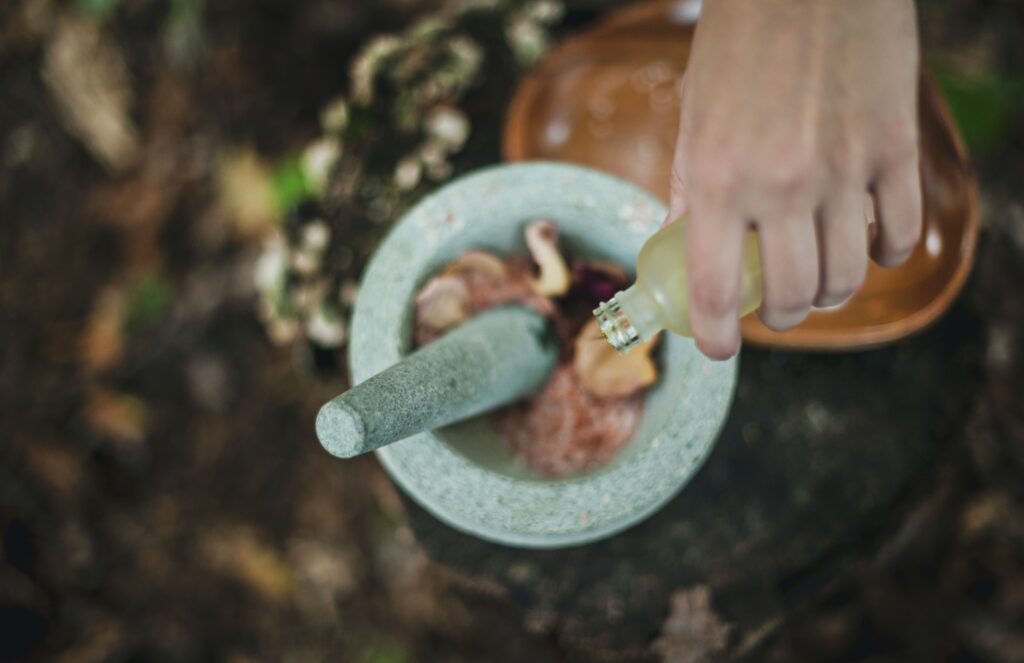
Herbs are natural, they can be found throughout the world and people use them everyday for food or medicinal purposes.
But does that make them safe all the time?
Some people have the misconception that because herbs are natural, they must be safe to use. For the most part, they are, but as with anything, precautions should be taken. In other words, do your research.
Today’s marketing and advertising world have given the word “natural” a meaning that is slightly mis-leading. The word has been used so much, that the definition has become very diluted.
So how do you use herbs safely?

(adj.) existing in or caused by nature; not made or caused by humankind.
Many plants look very similar, but they have different constituents and behaviors. So learning to identify herbs and plants is very important if you plan on using them.
Knowing the botanical names is also key. There are many herbs that have the same common name, but are totally different plants.
The common name of a plant is one that has caught on in a specific region over time. When people migrate to another region, they may associate a new plant with one they are familiar with from another region, even though the plant may be unrelated. This can cause a lot of confusion when talking about herbs.
Lets look at sage for example. There is culinary sage and there is sagebrush. Both are called sage, depending on the location. But they are totally different plants. The botanical name for culinary sage is Salvia officinalis, and sagebrush’s botanical name is Artemisia tridentata.

In looking at how herbs work, there are many variables. The preparation, the part of the herb used, the age of the herb, taken singly or with other herbs and is it being used topically or internally all help determine the safeness of the herb.
Herbs can be prepared safely in many ways. Some can be used in their raw form, like our culinary herbs, basil and parsley. They can be made into tinctures using either an alcohol or glycerin solvent. Herbs can also be dried and used in powder form. They can also be made into herbal oils and vinegars.
An herb used on its own can be safe, but when used with another herb at the same time, the results could be slightly different. This is because of the chemisty and synergy that happens with combining herbs. That doesn’t make it unsafe, but just know that it can behave differently.
Some herbs work better, or may be more potent, when paired with others. Other herbs are like helpers. They help other herbs do their job better or more effeciently. Pepper is a good example of this. Pepper helps many herbs become more absorbable into the bloodstream and cells. It is like the “transport” herb. You will see it partnered up with turmeric a lot.
Try to use just one herb at a time if possible when starting out.
When more than one herb is used and there are side-effects, how can you tell which herb is creating that side-effect? By using one herb, it is a lot easier to determine which herb is causing adverse effects, if there are any, or if you may be allergic to one.
By taking one at a time is an easy way to see which herbs are safe when being used for you.
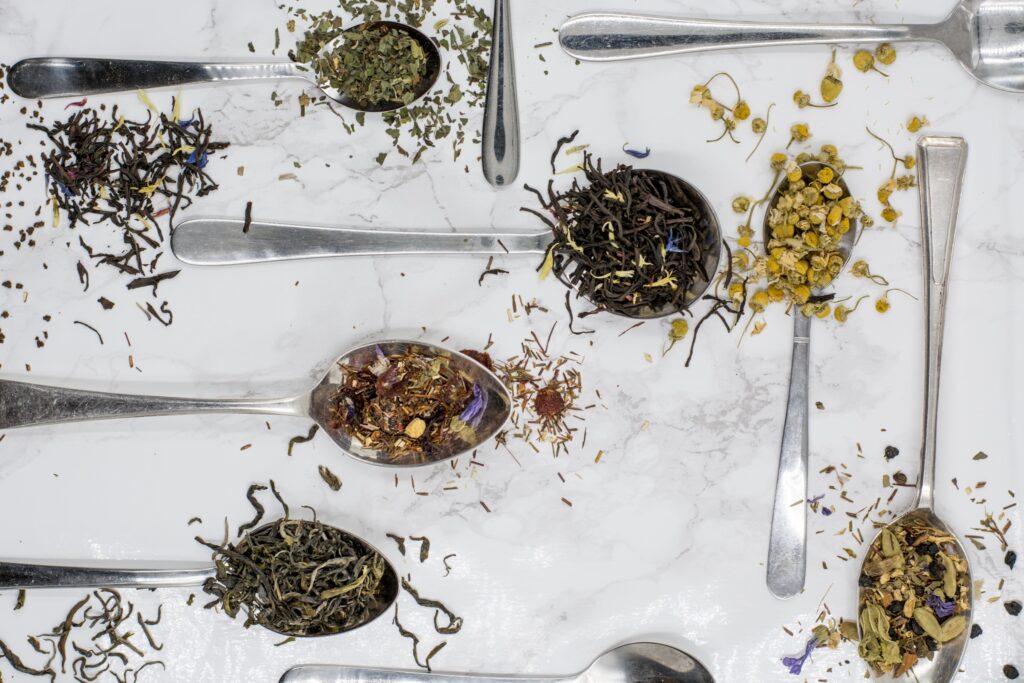
If you are unsure, seek out a professional to help navigate the safety of herbs. This is especially key if you are taking pharmaceuticals.
Most herbs can be used safely with allopathic medicine, but since not all combinations have been studied or tried, it is best to be cautious.
St. John’s Wort is probably the most well known for its interactions with pharmaceuticals. St. John’s Wort is very good at flushing out what should not be there. In other words, having pharmaceuticals in your body is not normal, so St. John’s Wort sees that and removes it.
So in recapping, make sure to:
By doing your own research, learning about herbs, listening to your body and taking precautions, you can know that you are using herbs safely.
To learn more about common myths in herbal medicine, check out my other blog posts: